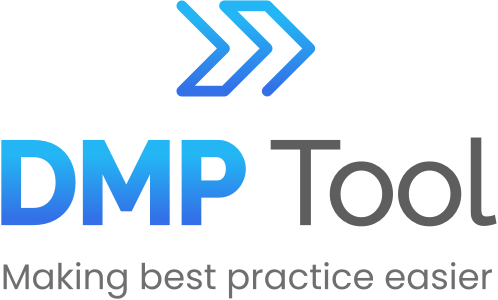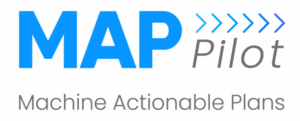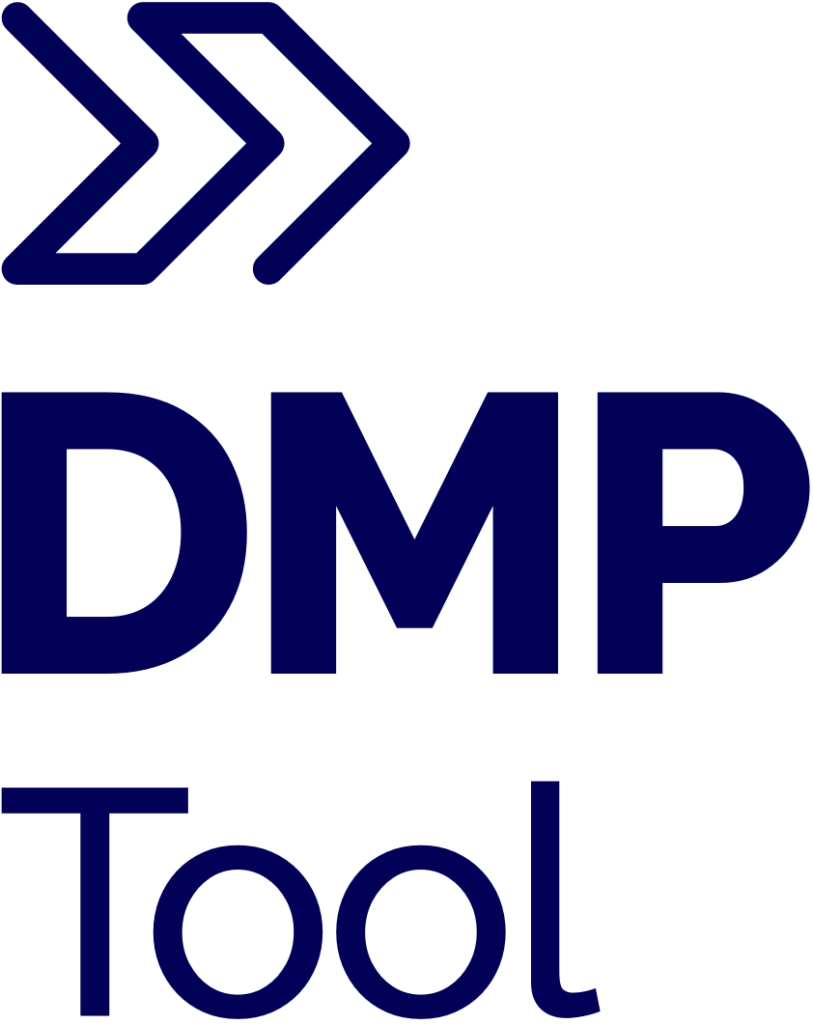The first step in properly managing research data is to make a plan about how to do so. At UC3, we want to make it as easy and painless as possible for researchers and data stewards to draft achievable, best-practice, high-quality data management plans (DMPs).
Jump ahead on this page:

The primary way we support this is by operating the DMP Tool: a free, open-source, application that helps researchers create data management plans (DMPs). These plans are required by many funding agencies as part of the grant proposal submission process. The DMP Tool provides a click-through wizard for creating a DMP that complies with funder requirements. It also has direct links to funder websites, help text for answering questions, and data management best practices resources. Participating organizations can add customized guidance on templates and feedback to researchers on their plans.
Try it out today at https://dmptool.org/ and follow our DMP Tool Blog for important updates.
Current Initiatives:

We’re working on a pilot project having universities test out integrations with machine-actionable DMPs on our platform so they can integrate with other digital research systems and be interoperable with other service providers with a standardized API.

Our core tool is undergoing a complete rebuild to offer more machine-actionable functionality, a better user experience, and additional features that support best practice DMPs.

This project is exploring the use of large language models to generate drafts of DMPs based on simple, structured inputs, making it easier to create a high quality DMP while still keeping the researcher in control.
Former Initiatives:

This project focused on applying FAIR data principles, digital interoperability, and DMP best practices to research field stations
We partnered with DataCite to develop the DMP ID, a DMP-specific persistent identifier with the industry standard DMP metadata and integration with the DMP Tool.

This initiative supported researchers in thinking about data management best practices and giving them information at the right time in the process.
UC3 Mission and Vision for Data Management Planning
Our mission is to streamline data management planning by providing intuitive, innovative tools, making best practices easy to use, and promoting interoperability within the research ecosystem.
We aim to:
- Connect to other persistent identifiers to make research data and plans easy to find and reuse
- Develop simple, open, and reusable systems that meet people where they are
- Make funder requirements for data management easy to find and understand
- Connect researchers and librarians in the planning process
- Promote and improve best practices in data management planning
We envision a world where research data is accessible, reusable, and impactful.
One where:
- Everyone follows data management best practices because it’s the easiest way
- Data outputs from science are findable, accessible, interoperable, and reusable
- Tools and data are interoperable throughout whole research lifecycle
How do we do this work?
Committing to Data Stewardship
Our commitment is rooted in a deep understanding of funder policies and the critical requirements for data retention and management that accompany research funding. We endeavor to bridge the gap between the generation of text-based DMP documents and the potential for these documents to be interpreted and utilized by machines, thereby enhancing the efficiency and impact of research projects. Our approach emphasizes the dual need for human readability and machine-actionable DMPs, ensuring that both researchers and automated systems can extract maximum value and insight from these essential documents.
Embracing Policy and Practice
We champion the alignment of DMPs with the broader objectives of open science and reproducible research. By closely adhering to and interpreting funder mandates, we ensure that DMPs not only comply with external policy requirements but also advance the principles of data sharing, transparency, and reproducibility. Our work in this realm, including the FAIR Island project and the MAP institutional pilot program, is guided by a philosophy that DMPs should be living documents, evolving alongside the research projects they support, reflecting changes in data practices, and adapting to emerging technologies and standards.
Leveraging Technology for Better DMPs
Our vision extends to the innovative use of technology to transform DMPs from static texts into dynamic, interactive tools that facilitate real-time tracking, reporting, and analysis of research data management activities. By harnessing the power of web technologies, persistent identifiers, and standardized metadata, we aim to create an ecosystem where DMPs are not only descriptive but also prescriptive, guiding the effective management of data throughout its lifecycle. We’re also keeping abreast of technological advancements like large language models to find ways to better support drafting DMPs.
Collaborating Across the Community
Our approach is to work with researchers, funders, institutions, and all stakeholders within the scholarly community in this endeavor. By collaborating on the development and implementation of robust DMPs through groups like Research Data Alliance and FORCE11, we can ensure that the wealth of data generated by research is preserved, accessible, and usable for future generations, contributing to the cumulative advancement of human knowledge.
We are committed to working collaboratively with the broader community to co-develop standards and approaches that reflect the diverse needs and challenges of data management. Our strategy includes fostering dialogues and partnerships across academia, industry, and funding bodies to ensure that the evolution of DMP standards is inclusive, equitable, and reflective of a wide range of perspectives and expertise.
Looking to the Future
The journey toward enhanced data management planning is both a challenge and an opportunity. At UC3 and CDL, we are committed to leading this charge, advocating for DMPs that are as dynamic and multifaceted as the research they support. Through dedication, innovation, and collaboration, we can elevate the role of DMPs in the research ecosystem, ensuring that they serve as effective tools for managing one of the most valuable assets in the research enterprise: data. Join us in shaping a future where every piece of research data is managed with the foresight, precision, and care it deserves, unlocking new horizons of discovery and innovation.

